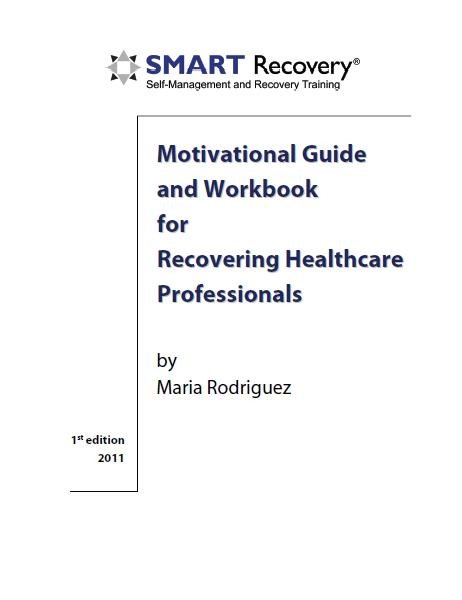Smart Recovery is a science-based alternative to traditional 12-step programs that focuses on self-empowerment and cognitive-behavioral techniques. One of the key components of Smart Recovery is the use of worksheets to help individuals work through their thoughts, emotions, and behaviors related to addiction.
These worksheets are designed to provide structure and guidance for individuals seeking to overcome addiction and make positive changes in their lives. They cover a range of topics, including identifying triggers, developing coping strategies, setting goals, and practicing self-reflection.
Smart Recovery Worksheets
One of the most popular Smart Recovery worksheets is the ABCs of REBT (Rational Emotive Behavior Therapy), which helps individuals identify their irrational beliefs and replace them with more rational and constructive thoughts. This worksheet can be a powerful tool for challenging negative thinking patterns and changing harmful behaviors.
Another commonly used worksheet is the Cost-Benefit Analysis, which helps individuals weigh the pros and cons of their addictive behaviors. By examining the short-term benefits versus the long-term costs, individuals can gain insight into the true impact of their actions and make informed decisions about their recovery.
The Change Plan Worksheet is a practical tool that helps individuals outline their goals, identify potential obstacles, and develop strategies for overcoming challenges. By creating a detailed plan for change, individuals can increase their chances of success and stay motivated throughout the recovery process.
Self-Management Worksheets are also an essential part of Smart Recovery, providing individuals with tools for managing cravings, practicing self-care, and building a support network. These worksheets encourage individuals to take an active role in their recovery and develop healthy coping skills for long-term success.
In conclusion, Smart Recovery worksheets offer a valuable resource for individuals seeking to overcome addiction and improve their quality of life. By engaging with these worksheets and actively participating in the recovery process, individuals can gain insight, build skills, and make positive changes that last a lifetime.
